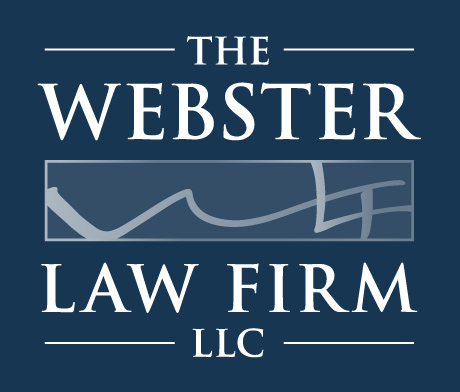Hospitals try to Collect from the Wrong Entity
Plaintiff’s attorneys in Colorado have been seeing an increase in inappropriate behavior by hospitals providing emergency services for people injured by the negligence of another person (such as a car crash), and refusing to bill the injured person’s health insurance. Instead the hospitals are attempting to recover for services provided directly from the at-fault driver’s automobile insurance company. While it could be argued (and I’m sure would be by the insurance industry) that the other person’s insurance should be paying the bills for medical care an injured person receives, there are multiple reasons that this is wrong.
Health Insurance
When most people go to the hospital to receive medical care, they provide their health insurance information to the hospital. The hospital then turns around and bills the patient’s health insurer for the total value of the services provided with no discount (short ER visits can easily exceed $5,000+ depending upon the amount of treatment and testing necessary and if you don’t have health insurance, you, as the patient, are getting that bill). When your health insurance receives that bill, their contract with you requires that they pay for your care. But health insurers are behemoths with immense amounts of money and influence so they have the ability to negotiate hospital billing practices and pay drastically reduced amounts for care their insureds receive (that $5,000 bill could be as little as $1,000 when the insurer is done).
Billed vs. Paid
When I become involved in the case, the law says that my client must be compensated by the other driver’s insurance for all of the harms and losses that they suffered. When we are talking about medical bills, the other driver’s insurance has to compensate my client for the amount that my client was billed for services from medical providers, not the amount that my client’s health insurance paid to the hospital and other providers for those services.
The Responsible Party’s Insurance Company Should Not be Able to Benefit from Health Insurance
So why is that? Some would say that the other driver’s insurance should only have to pay what the injured person’s insurance paid for the accident related care (again, it’s certainly the argument the other driver’s insurance would make). But the only reason that the injured person did not pay as much for medical care as they were billed by the hospital was because the injured person had the foresight to protect themselves by having health insurance in the first place. The injured person has paid premiums for that protection and they get hit with copays and deductibles while receiving treatment as well. The law says that the at-fault driver does not get to take advantage of the contract the injured person has with their insurer because they aren’t a party to that contract. The reasoning is that allowing the other driver’s insurance to do so would give the other driver’s insurer a benefit they would not receive if the injured person had no insurance or had to receive treatment on a lien. Not allowing the responsible party’s insurance to piggyback on the injured person’s health insurance places all defendants in an equal position in paying the amount billed by the medical providers, and as a public policy encourages people to have health insurance for personal protection, which in turn, benefits society as a whole. But really, what it comes down to is if you have paid premiums, or have had to maintain employment to make sure you have health insurance, the person that injured you, or their car insurance, shouldn’t get the benefit of the money you have spent protecting yourself.
If you were injured due to someone else’s negligence, give our office a call at 719-633-6620. We would love to help.

